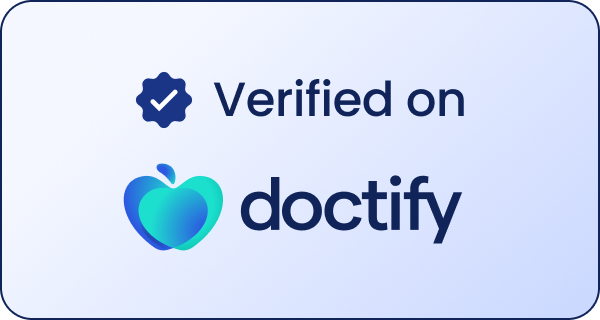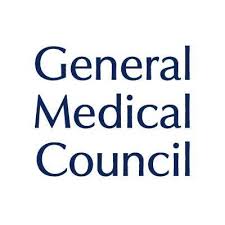What is emotionally based school avoidance (EBSA)?
Emotionally based school avoidance (EBSA), also known as school refusal, occurs when a child or teenager is unable to attend school due to significant emotional distress. This is different from truancy — EBSA is not about defiance, but rather about fear, anxiety, or overwhelm. EBSA can develop gradually or suddenly, and often reflects deeper challenges such as anxiety, sensory sensitivities, low mood, or social difficulties.



